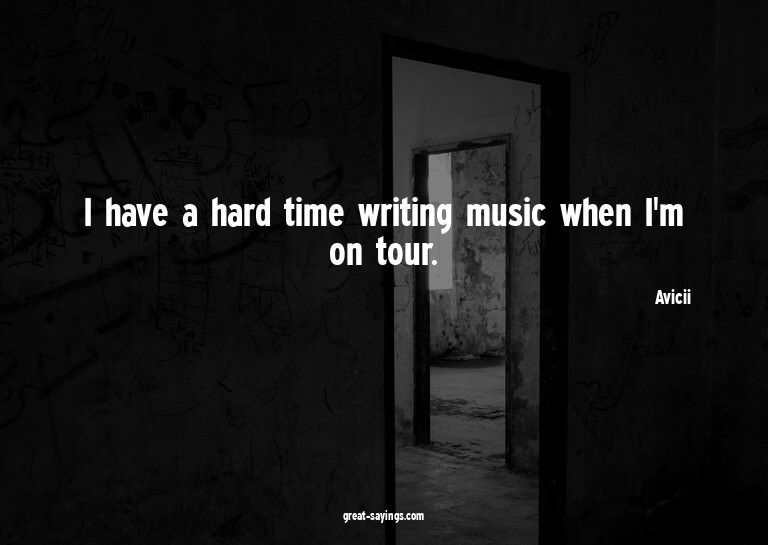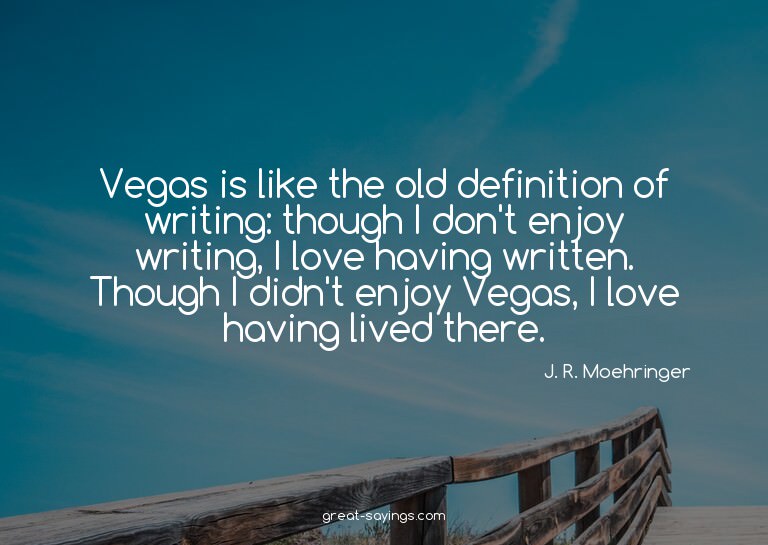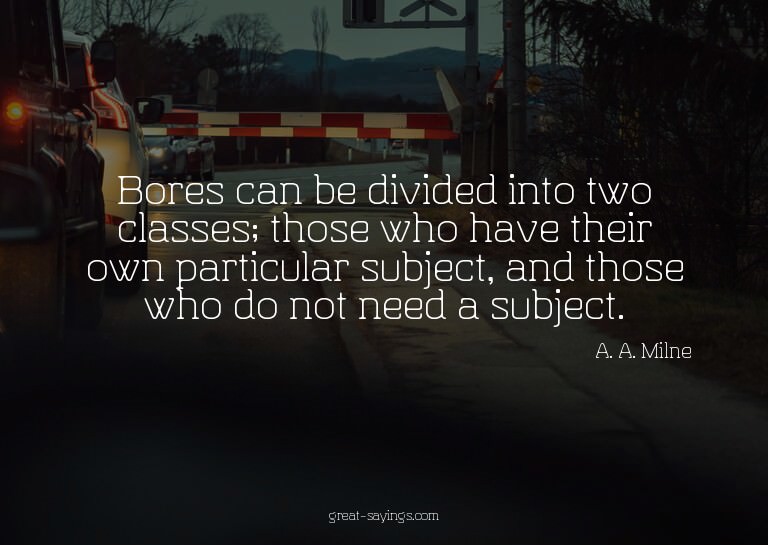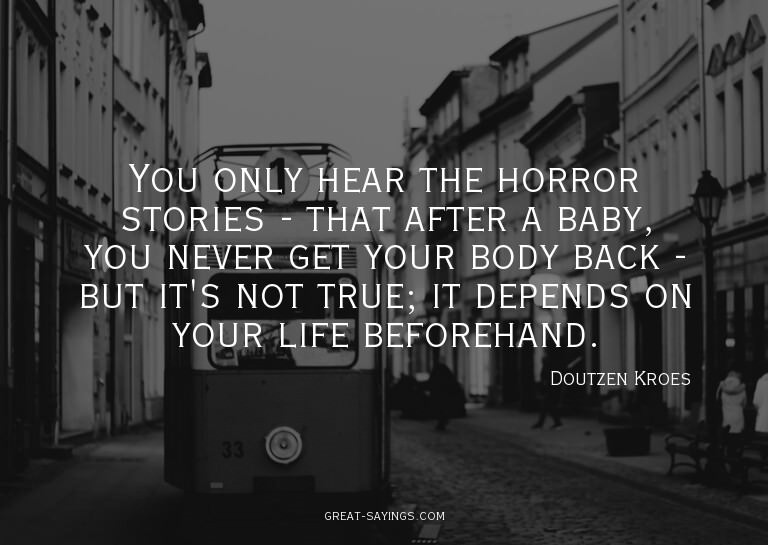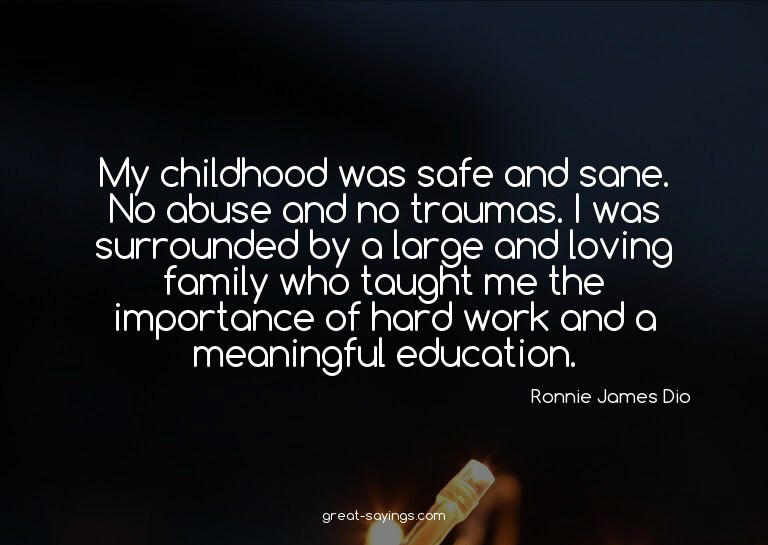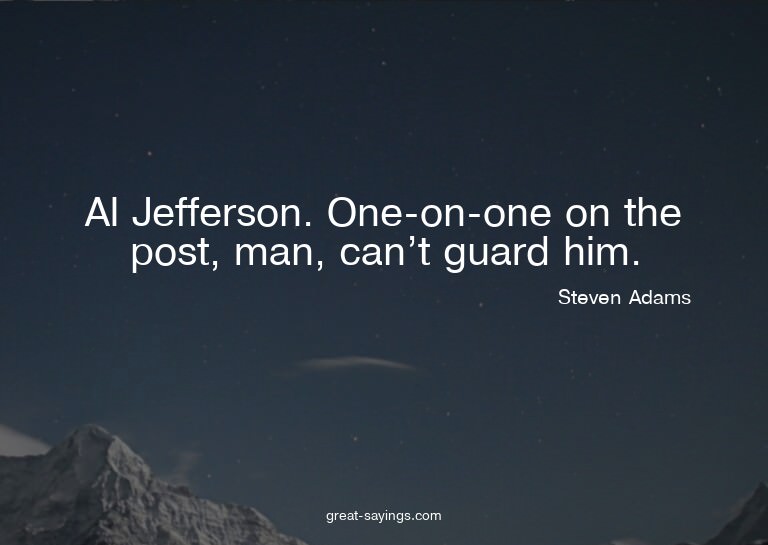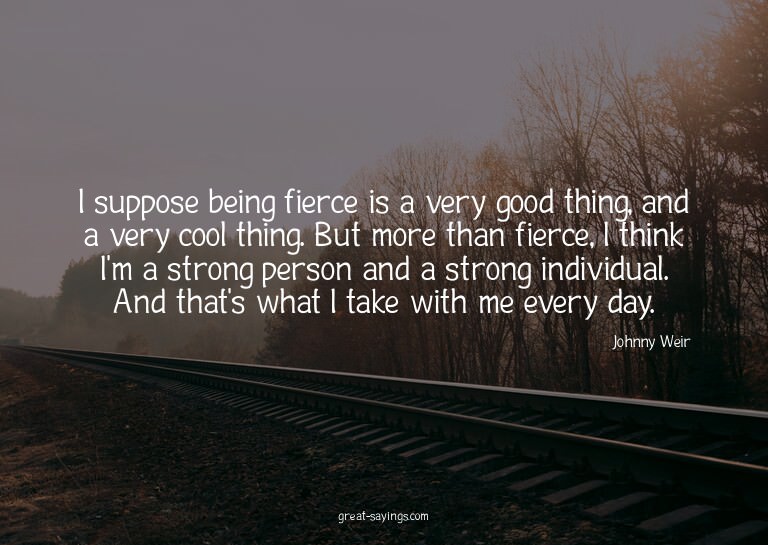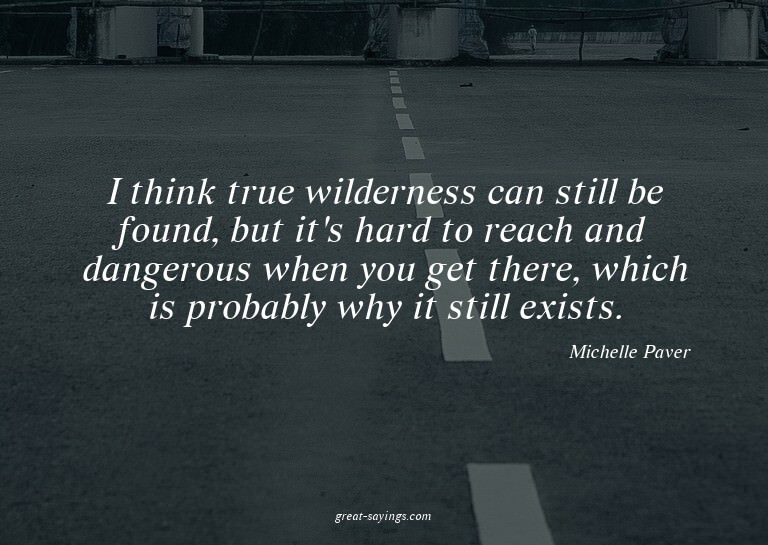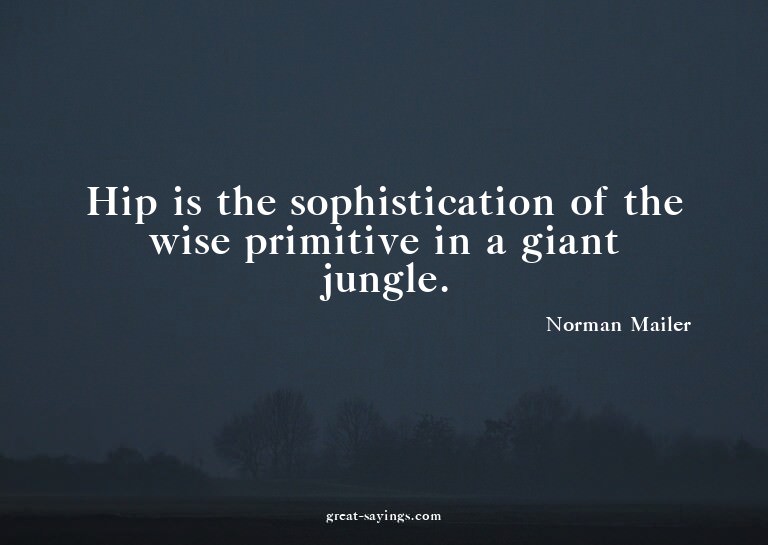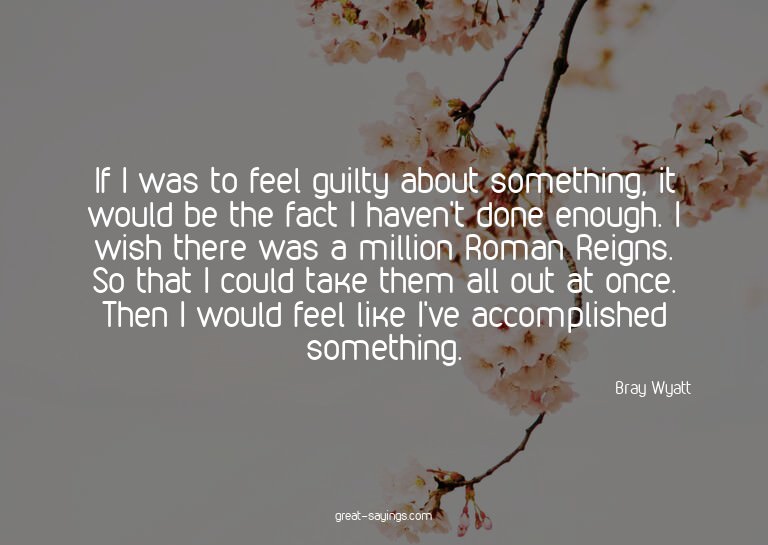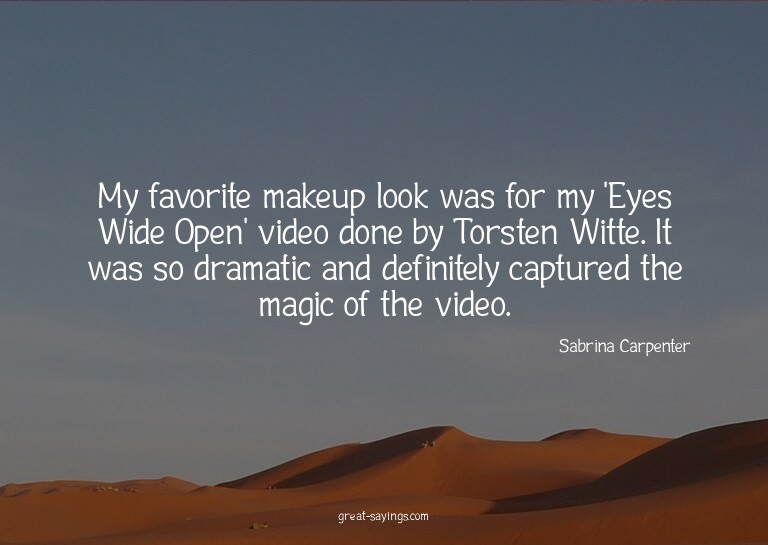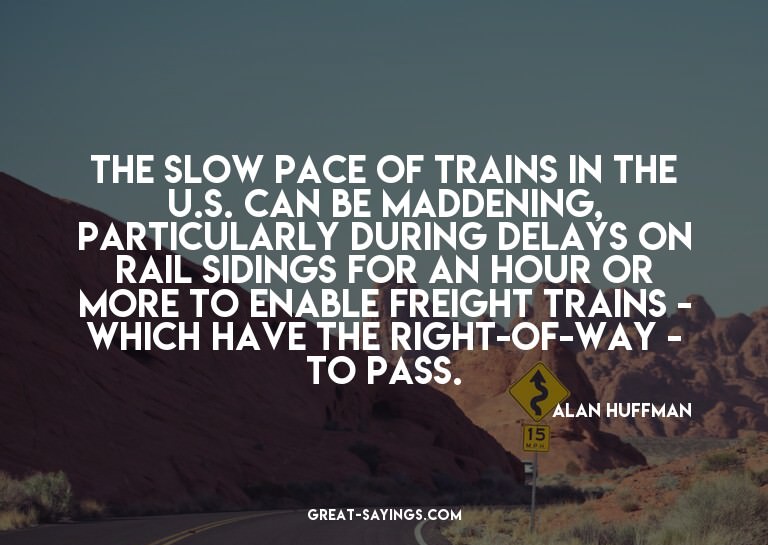Words matter. These are the best Nancy Gibbs Quotes, and they’re great for sharing with your friends.
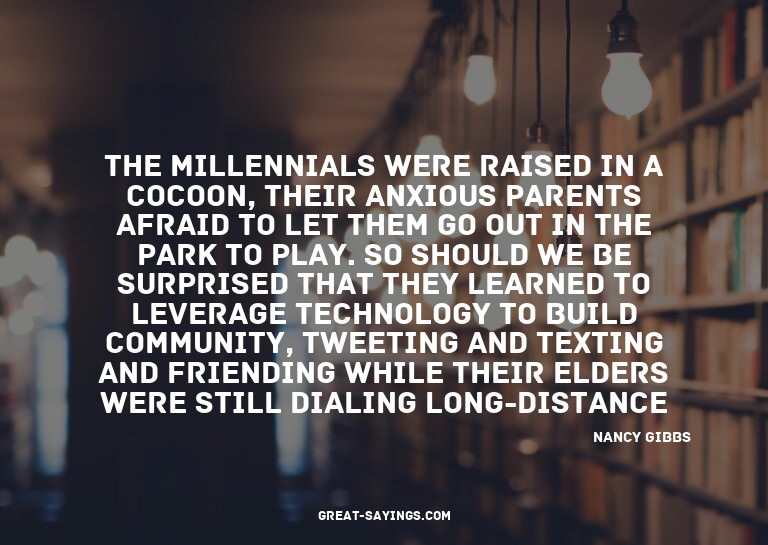
The millennials were raised in a cocoon, their anxious parents afraid to let them go out in the park to play. So should we be surprised that they learned to leverage technology to build community, tweeting and texting and friending while their elders were still dialing long-distance?
We’ve seen what happens when it serves a president’s interest to flaunt his faith – which is almost inevitably does, since every poll affirms that Americans want their leader to submit to some higher power.
Charlie Rangel was writing laws on our taxes as chair of the Ways and Means Committee while somehow neglecting to pay his own.
The understanding of Syria’s devastating civil war has been distorted by the immense danger and difficulty of covering it.
Harriet Tubman and Sojourner Truth were slaves by birth, freedom fighters by temperament.
As a candidate, Obama disdained the game of politics, a self-conscious contrast to all the tireless political athletes named Clinton.
Emotional life grows out of an area of the brain called the limbic system, specifically the amygdala, whence come delight and disgust and fear and anger.
Bill Clinton left office with a more than 60% approval rating.
People don’t blame the act of driving for auto accidents.
The typical white American woman in 1800 gave birth seven times; by 1900, the average was down to 3.5.
The leading cause of death for girls 15 to 19 worldwide is not accident or violence or disease; it is complications from pregnancy. Girls under 15 are up to five times as likely to die while having children than are women in their 20s, and their babies are more likely to die as well.
What is it about summer that makes children grow? We feed and water them more. They do get more sun, but that probably doesn’t matter as much as the book they read or the rule they broke that taught them something they couldn’t have learned any other way.
In modern warfare, journalists are among the first responders, seeking out truth in the turmoil and wreckage, wherever it takes them.
Most professional women I know – myself included – long since gave up looking for a rulebook or a roadmap; we make it up as we go along. Every day presents a new choice, a new challenge, which makes long-term career planning seem like an especially abstract exercise.
The battles after the wars are over can be the toughest; there’s no longer the public interest that accompanies, for good and for ill, the start of combat.
High school is a haunted house in April, when seniors act up because the end is near. Even those who hate school sometimes cling to the devil they know. And for the kids who love it, the goodbyes are hard to think about.
A typical smart phone has more computing power than Apollo 11 when it landed a man on the moon.
Today’s kids aren’t taking up arms against their parents; they’re too busy texting them.
A good president needs a big comfort zone. He should be able to treat enemies as opportunities, appear authentic in joy and grief, stay cool under the hot lights.
Hillary Clinton wants to leave behind No Child Left Behind.
All great rebellions are born of private acts of civil disobedience that inspire rebel bands to plot together.
Whatever people thought the first time they held a portable phone the size of a shoe in their hands, it was nothing like where we are now, accustomed to having all knowledge at our fingertips.
Time dissolves in summer anyway: days are long, weekends longer. Hours get all thin and watery when you are lost in the book you’d never otherwise have time to read. Senses are sharper – something about the moist air and bright light and fruit in season – and so memories stir and startle.
If boomers were always looking to shock, millennials are eager to share.
Across much of the developing world, by the time she is 12, a girl is tending house, cooking, cleaning. She eats what’s left after the men and boys have eaten; she is less likely to be vaccinated, to see a doctor, to attend school.
The real luxury travel of the modern age is not through space; it’s through time.
It’s no secret that the media has fragmented in recent years, that audiences have been cut into slivers, and that more and more people get their news from ever narrower outlets.
Presidents make their hard decisions and then abide forever with their mistakes and regrets.
In the case of the classic Western helicopter parent, it starts with Baby Einstein and reward charts for toilet training, and it never really ends, which is why colleges have to devote so many resources to teaching parents how to leave their kids alone.
Progress is seldom simple; it comes with costs and casualties, even challenges about whether a change represents an advance or a retreat.
I have two daughters: One an open book, one a locked box. So the question of privacy is a challenging one. How much do kids need? How much should we give? How do we prepare them to live in a world where the very notion of privacy opens a generational chasm?
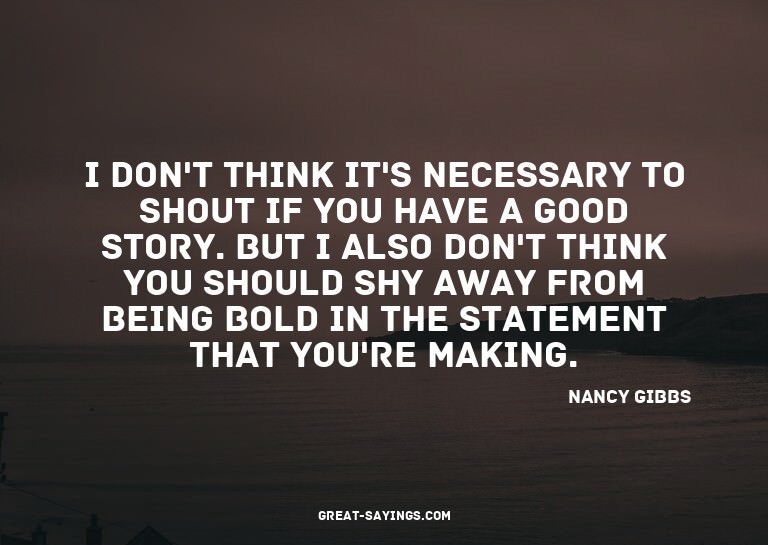
I don’t think it’s necessary to shout if you have a good story. But I also don’t think you should shy away from being bold in the statement that you’re making.
The path of progress cuts through the four-way intersection of the moral, medical, religious and political – and whichever way you turn, you are likely to run over someone’s deeply held beliefs.
Runners exalt the marathon as a public test of private will, when months or years of solitary training, early mornings, lost weekends, rain and pain mature into triumph or surrender. That’s one reason the race-day crowds matter, the friends who come to cheer and stomp and flap their signs and push the runners on.
Anyone with the right mix of parental paranoia and entrepreneurial moxie can make a fortune by selling parents the equipment we think will keep us one step ahead of our kids.
There’s something very Nixonian about the idea of keeping an enemy’s list.
High achievers, we imagine, were wired for greatness from birth. But then you have to wonder why, over time, natural talent seems to ignite in some people and dim in others.
Power is not just political. It can be cultural; it can be spiritual.
On the court, Jason Collins is not a huge basketball star, but he has already claimed his place in civil rights history as the first openly gay athlete to play in one of the four major U.S. sports leagues.
Girls grow up scarred by caution and enter adulthood eager to shake free of their parents’ worst nightmares. They still know to be wary of strangers. What they don’t know is whether they have more to fear from their friends.
I’m wondering how many elected figures any of us could find who do not, in the front or back of their minds, remember who does them favors, who doesn’t.
Power is a tool, influence is a skill; one is a fist, the other a fingertip.
Twenty-first century war adds new risks: more and more often there are no front lines, no central command, no rules of engagement – only a chaotic collision of politics, power, faith and bloodlust. Victims are as likely to be civilians as soldiers.
A president can’t go to every memorial service.
Back in the really olden days, dinner was seldom a ceremonial event for U.S. families. Only the very wealthy had a separate dining room. For most, meals were informal, a kind of rolling refueling; often only the men sat down.
When National Guardsmen shot four unarmed students at Kent State, virtually the entire system of higher education shuddered and stopped.
It is actually the neuroscientists and evolutionists who do the best job of explaining the reasons behind the most unreasonable behavior.
I would like to see every newspaper and every magazine have a network of bureaus all over the world, gathering news.
There may be no less original idea than the notion that our hearts hold dominion over our heads.
Maybe we adults idealize our own red-rover days, the hot afternoons spent playing games that required no coaches, eating foods that involved no nutrition, getting dirty in whole new ways and rarely glancing in the direction of a screen of any kind.
It’s always been a luxury to be able to hop a plane to Paris, to Venice, to the Grand Canyon.
In 2001, President George W. Bush was condemned for politicizing science with his decision to limit federal funding for stem-cell research; in 2009 President Obama was praised for reversing it, even though his decision was arguably just as political.
In design as in life, smart can also mean wise, kind, inspiring – and cost-effective. And that has a charm all its own.
After 9/11, whatever the evidence of intelligence failures, many people still saw that attack as almost unimaginable, so brutal and brazen an assault.
At times, it seems as if the only women effortlessly balancing their jobs, kids, husbands and homes are the ones on TV.
George W. Bush, though a president’s son, is cast as Reagan’s heir even more than his father’s.
After the 1960s and ’70s, there were real doubts about whether a mortal man could handle the country’s highest office. It had destroyed Johnson, corrupted Nixon, and overwhelmed Ford and Carter.
A lot of camps and summer programs for kids seem to have discovered that among the most valuable things they offer is what they don’t offer. No Wi-Fi. No grades. No hovering parents or risk managers or parents who parent like risk managers.
Pages: 1 2

